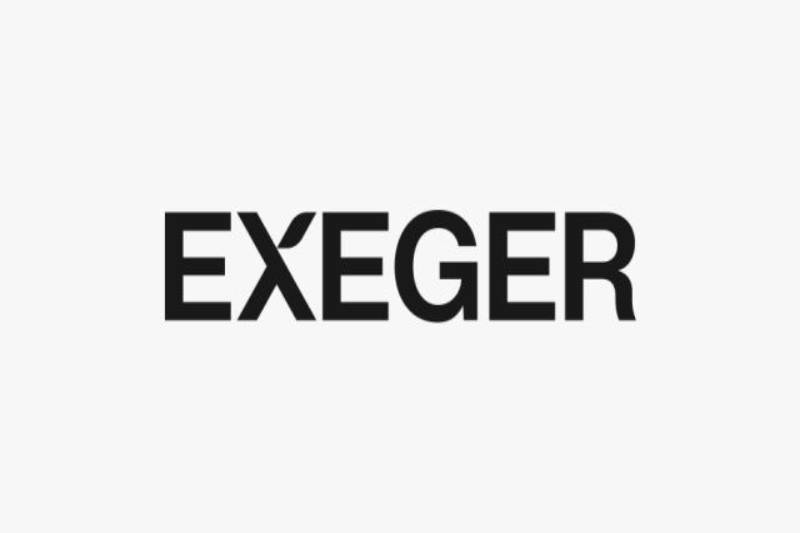With Exeger’s patented Powerfoyle technology, light from both indoor and outdoor sources can be converted into electricity, enabling low-power electrical gadgets to run on their own.
A financing deal for up to €35 million has been struck by the European Investment Bank (EIB) and Exeger, a Swedish clean technology business that produces Powerfoyle solar cell technology. Over €169 million has been raised by the company, including a €16.1 million Series B in March of this year.
Exeger has transformed the Dye-Sensitized Solar Cell (DSC) into a cutting-edge and patent-pending technology called Powerfoyle, which transforms light from both indoor and outdoor sources into electricity and makes low-power electronic products self-sufficient.
Powerfoyle, which works with both indoor and outdoor applications, will cut down on electrical waste because many of the goods won’t need single-use batteries or charging wires.
Businesses may incorporate self-charging capabilities into their products without sacrificing product aesthetics because to the flexible design of ultra-thin solar cells.
Exeger is making investments in Stockholm II, its second urban factory, to increase its production capacity. The new industrial-scale manufacturing is situated in Kista, outside of Stockholm, and is powered exclusively by renewable energy. Exeger will be able to generate up to 2.5 million m2 of its proprietary solar cells annually once Stockholm II is fully operational.
Because of the factory’s modular design, production capacity can be quickly increased to keep up with the expanding demand for Powerfoyle on the market.
The initiative is supported by InvestEU, a finance vehicle created to facilitate an additional investment of over €372 billion towards EU policy goals throughout the 2021–2027 timeframe.
Vice-President Thomas Östros of the EIB revealed:
“With its pioneering technology, Exeger will increase the generation and utilisation of renewable power and reduce the volumes of electronic waste. From the EIB’s side, we are very proud to support Exeger and its important contribution to a green transition and a more sustainable energy industry in the future.”


